The Role of Medication in Mental Health Treatment
Hey there, my young friends! It’s your favorite mental health buddy, Nita Sharda, back again to talk about a really important topic – the role of medication in mental health treatment.
Now, I know that the idea of taking medication for mental health might seem a little scary or confusing, especially for you kids out there. But don’t worry, we’re going to break it down and make it easy to understand.
What is Mental Health Medication?
First things first, let’s talk about what mental health medication actually is. Mental health medication is a type of medicine that is used to treat mental health conditions like depression, anxiety, ADHD, and more.
These medications work by changing the levels of certain chemicals in the brain, called neurotransmitters, which can help improve mood, reduce anxiety, and make it easier to focus and concentrate.
Common Types of Mental Health Medication
There are lots of different types of mental health medication out there, and the kind that a doctor might prescribe depends on the specific condition being treated. Here are a few of the most common types:
Antidepressants
Antidepressants are used to treat depression and anxiety disorders. They work by increasing the levels of neurotransmitters like serotonin and norepinephrine in the brain, which can help improve mood and reduce feelings of sadness and worry.
Some common types of antidepressants include:
- Selective serotonin reuptake inhibitors (SSRIs) like Prozac, Zoloft, and Lexapro
- Serotonin-norepinephrine reuptake inhibitors (SNRIs) like Cymbalta and Effexor
- Tricyclic antidepressants like Elavil and Pamelor
Anti-anxiety medications
Anti-anxiety medications, also called anxiolytics, are used to treat anxiety disorders like generalized anxiety disorder, panic disorder, and phobias. They work by reducing the physical symptoms of anxiety, like rapid heartbeat and sweating, and helping the person feel calmer and more relaxed.
Some common types of anti-anxiety medications include:
- Benzodiazepines like Xanax, Ativan, and Valium
- Buspirone (BuSpar)
- Beta-blockers like propranolol
Stimulants
Stimulants are used to treat attention-deficit/hyperactivity disorder (ADHD). They work by increasing the levels of dopamine and norepinephrine in the brain, which can help improve focus, concentration, and impulse control.
Some common types of stimulants include:
- Methylphenidate (Ritalin, Concerta)
- Amphetamines (Adderall, Vyvanse)
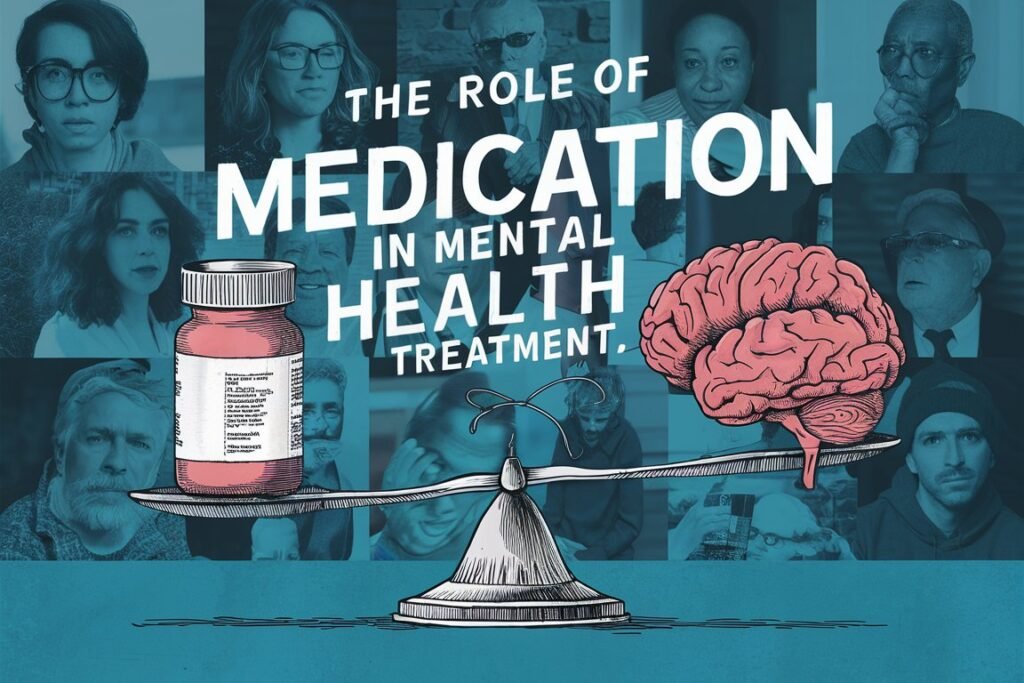
Mood stabilizers
Mood stabilizers are used to treat bipolar disorder and other conditions that cause extreme changes in mood. They work by evening out the highs and lows of mood swings and preventing manic or depressive episodes.
Some common types of mood stabilizers include:
- Lithium
- Valproic acid (Depakote)
- Carbamazepine (Tegretol)
- Lamotrigine (Lamictal)
Antipsychotics
Antipsychotics are used to treat psychotic disorders like schizophrenia and schizoaffective disorder. They work by reducing the intensity of hallucinations and delusions and helping the person think more clearly.
Some common types of antipsychotics include:
- Risperidone (Risperdal)
- Olanzapine (Zyprexa)
- Quetiapine (Seroquel)
- Aripiprazole (Abilify)
How Mental Health Medication Works
Okay, so now that we know what mental health medication is and some of the different types, let’s talk about how it actually works in the brain.
As I mentioned before, mental health medication works by changing the levels of certain neurotransmitters in the brain. Neurotransmitters are like chemical messengers that help different parts of the brain communicate with each other.
When someone has a mental health condition, the levels of these neurotransmitters can be out of balance, which can lead to symptoms like sadness, anxiety, or difficulty concentrating.
Mental health medication works by either increasing or decreasing the levels of these neurotransmitters to help restore balance in the brain. For example:
- SSRIs work by blocking the reabsorption of serotonin in the brain, which increases the amount of serotonin available and can help improve mood.
- Stimulants work by increasing the levels of dopamine and norepinephrine in the brain, which can help improve focus and concentration.
- Antipsychotics work by blocking the activity of dopamine in certain areas of the brain, which can help reduce hallucinations and delusions.
It’s important to remember that mental health medication is not a “quick fix” and it can take several weeks or even months to start working fully. It’s also important to take the medication exactly as prescribed by a doctor and not to stop taking it without talking to a doctor first.
The Benefits of Mental Health Medication
So, why might someone choose to take mental health medication? Well, there are actually lots of potential benefits:
Reducing symptoms
The most obvious benefit of mental health medication is that it can help reduce the symptoms of mental health conditions. For example, antidepressants can help improve mood and reduce feelings of sadness and hopelessness, while stimulants can help improve focus and concentration in people with ADHD.
Improving quality of life
When mental health symptoms are well-controlled, it can make a big difference in a person’s overall quality of life. They may be able to function better at school or work, have more positive relationships with friends and family, and feel more confident and capable in their daily life.
Preventing relapse
For some people, mental health medication can help prevent relapses of their condition. For example, someone with bipolar disorder may take mood stabilizers to help prevent manic or depressive episodes, while someone with schizophrenia may take antipsychotics to help prevent psychotic symptoms from returning.
Enhancing the effects of therapy
Mental health medication can also be used in combination with therapy to enhance its effects. For example, someone with depression may take an antidepressant to help improve their mood, while also participating in cognitive-behavioral therapy to learn new coping skills and ways of thinking.
The Risks and Side Effects of Mental Health Medication
While mental health medication can be really helpful for lots of people, it’s important to be aware of the potential risks and side effects.
Some common side effects of mental health medication include:
- Nausea and vomiting
- Diarrhea or constipation
- Headache
- Dizziness or lightheadedness
- Dry mouth
- Sweating
- Changes in appetite or weight
- Sexual side effects (like decreased libido or difficulty achieving orgasm)
In rare cases, mental health medication can also cause more serious side effects like:
- Suicidal thoughts or behaviors (especially in children and young adults)
- Mania or hypomania (in people with bipolar disorder)
- Seizures
- Liver or kidney damage
- Cardiovascular problems (like high blood pressure or irregular heartbeat)
It’s important to talk to a doctor about the potential risks and benefits of any mental health medication before starting it, and to report any concerning side effects right away.
The Stigma Surrounding Mental Health Medication
Unfortunately, there is still a lot of stigma surrounding mental health medication, and some people may feel embarrassed or ashamed about needing to take it.
But here’s the thing – taking medication for a mental health condition is no different than taking medication for a physical health condition like diabetes or high blood pressure. It’s not a sign of weakness or a personal failure – it’s a valid and often necessary form of treatment.
If you or someone you know is considering taking mental health medication, it’s important to remember that:
- Mental health conditions are real, treatable medical conditions, just like physical health conditions.
- Medication is just one tool in the toolbox of mental health treatment, and it’s often used in combination with therapy and other forms of support.
- There is no shame in seeking help for a mental health condition, and taking medication does not make someone “crazy” or “weak.”
- Everyone’s experience with mental health medication is different, and what works for one person may not work for another. It’s important to work closely with a doctor to find the right medication and dosage.
Talking to Your Doctor About Mental Health Medication
If you or your child is struggling with a mental health condition and you’re considering medication as a treatment option, the first step is to talk to a doctor or mental health professional.




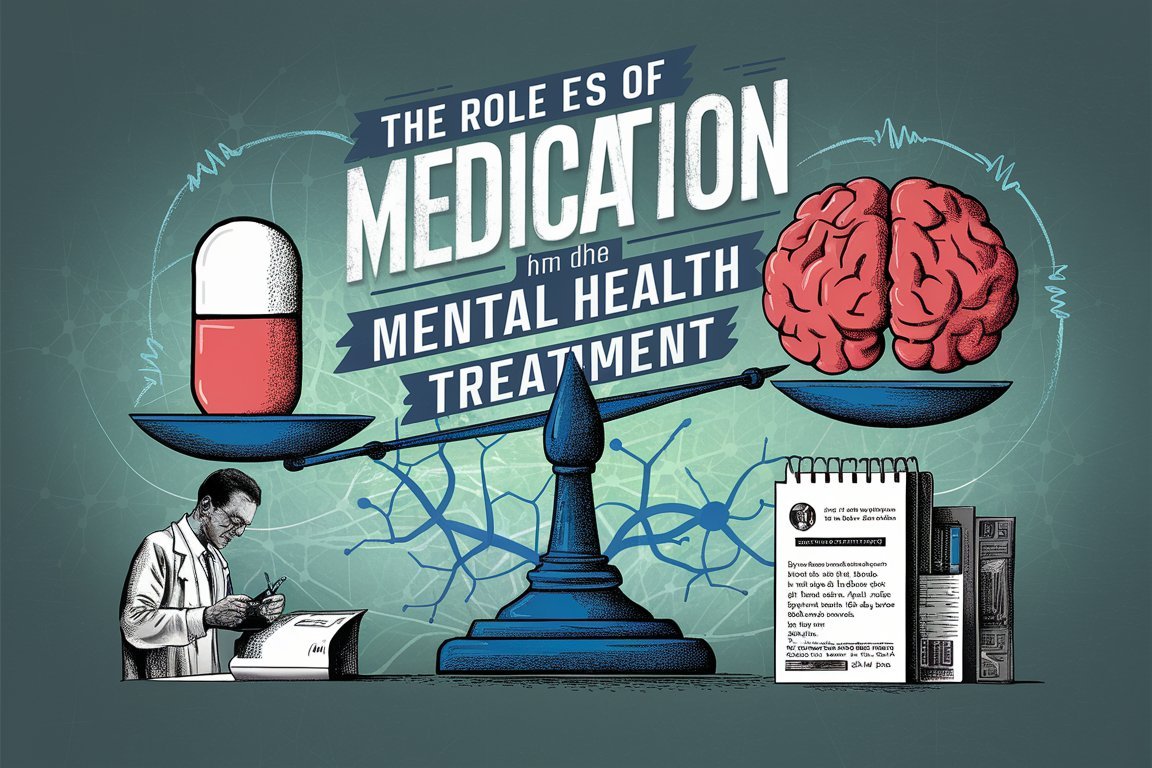
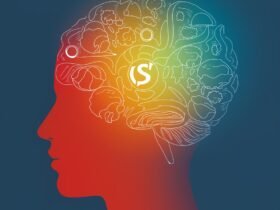



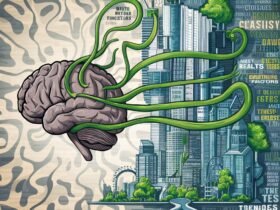
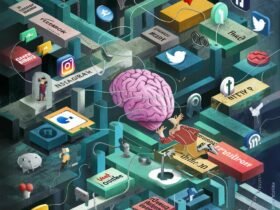


Leave a Reply